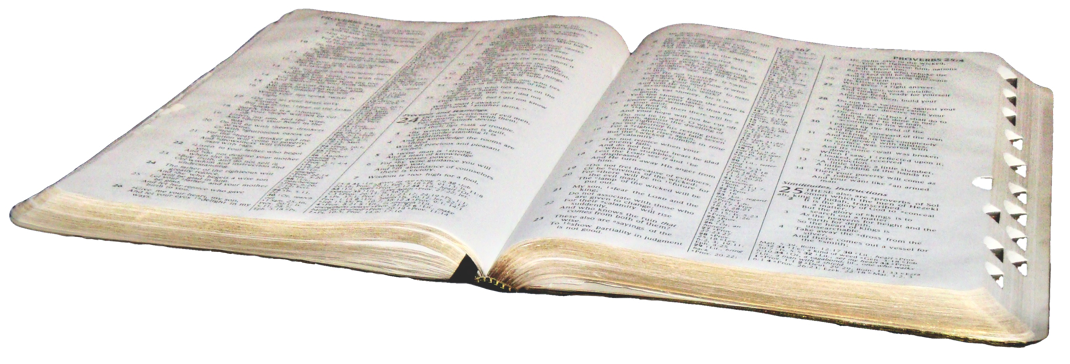
Bein' a Berean
…outside the box but inside God's Word...



This document comes from an observed need for understanding and clarification for those leading an assembly in corporate praise.
Every Praise Leader needs to recognize that there are a few different types or styles of music, each having a distinct place and function at different times within the assembly:
Listening songs are songs that express the musician's feelings. The music often has its own rhythm. The words are meant to be heard, and the music felt. These songs are for listening or entertainment and often represent a testimony or a ballad. They can sometimes be identified by the abundant presence of "I" throughout the song. Save this for a time when the congregation is not meant to sing.
Soaking songs or music - songs or music with a gentle and soft flow and rhythm. Not intended to be sung. Save this for a time when the congregation is not meant to sing.
Prophetic songs - songs whose words are important and need to be heard. The music often has its own irregular rhythm. These songs are not intended to be sung by others.
Prayers - the heartfelt prayer requests of some songwriters are put to music.
Background songs or music are usually instrumentals with a rhythm. Mood music is not for corporate singing; save it for a time when the congregation is not meant to sing.
Testimonial Songs - songs of testifying what God has done for the writer
Praise as corporate singing - songs with words of a consist—no surprises—rhyme and rhythm and music having a repetitious and regular meter that invites involvement, especially singing before the Lord. Any deviation from the rhythm and melody will breed uncertainty, and the congregation will be hesitant to follow. Use this for those times when the congregation is meant to be singing His praises.
Corporate praise is when, in unison and harmony, those assembled sing songs of praise TO the God-head, not about them.
1. Express warm approval or admiration TO Him.
2. Express one's respect and gratitude towards (a deity), especially in song.1
Praise is the expression of warm approval, admiration, respect, and gratitude, especially in song, and in our case, TO our deity.
So much of what is presented as praise is not. It's testimony, prayer, performance, etc., with nothing of real praise TO God. Songs like "You've done wonderful things for me," or "He meets my needs," or "I Need Thee Every Hour," are not praise; they are just really nice songs. Those like, "You are great and wonderful," or "Great is He," or "Holy, Holy, Holy," are songs of praise TO Him.
Corporate praise can lead to worship. Biblically, worship is the quiet, contemplative bowing to and adoration of the God-head. ("Worship," in Hebrew, means "to bow down").
Corporate praise should involve singing type songs. Avoid other song types during this time. The early hymns had this quality, as did the early charismatic and Vineyard-type songs. In the last 5-7 years, the listening songs, which proved more saleable on CDs, have drifted into the assembly. Praise teams tried to copy their entertaining and feeling style while the congregation was left standing silently listening.
While often repetitious and tiresome to musicians, singing songs is vital in leading those assembled into an attitude of praise and toward worship. Test me in this and see how their involvement 'lifts the roof' from your building! I believe that revival/renewal is rooted in effective corporate praise led by the Holy Spirit.
The musician's role is a service role, a servant role, a song leader role, not an entertainer's role. Your role is to encourage the assembly to vocalize their praises to God.
Times of corporate praise touch the heart and take us into God's presence in ways that preaching and teaching cannot.
The corporate time of praise is a prime ingredient for revival and renewal. Be sensitive to the leading of the Holy Spirit in you as he brings those assembled into the throne room.
Please give a copy of this to your worship leader. The Ekklesia, the body, needs a revival in praise.
1. The Oxford Dictionary,© 2017 Oxford University Press
Also, read the article Entering into Real Worship
This website makes use of cookies. Please see our privacy policy for details.